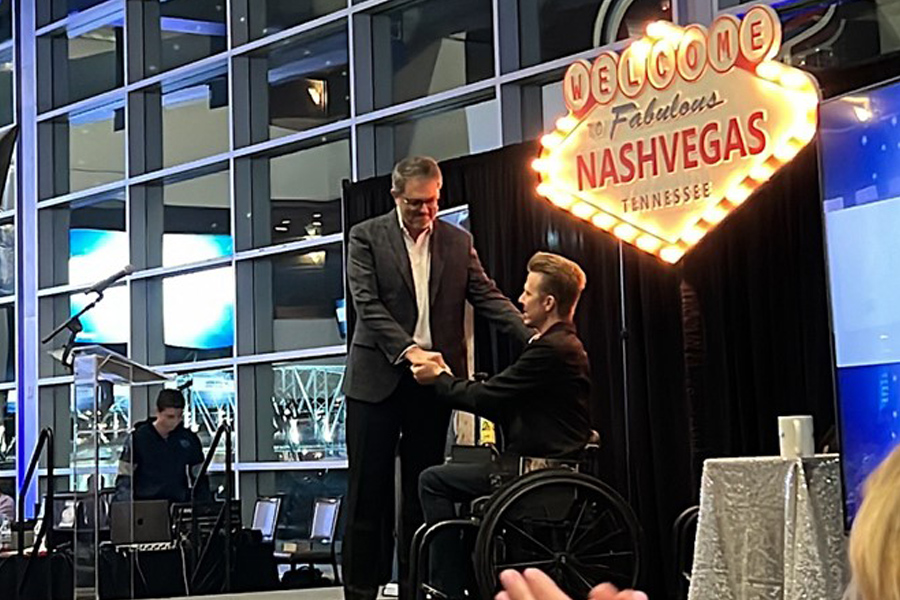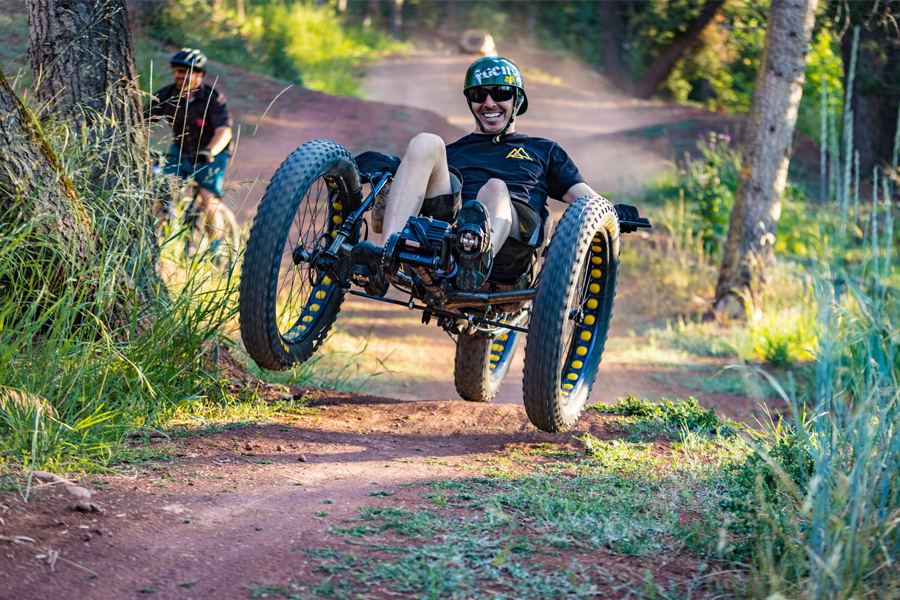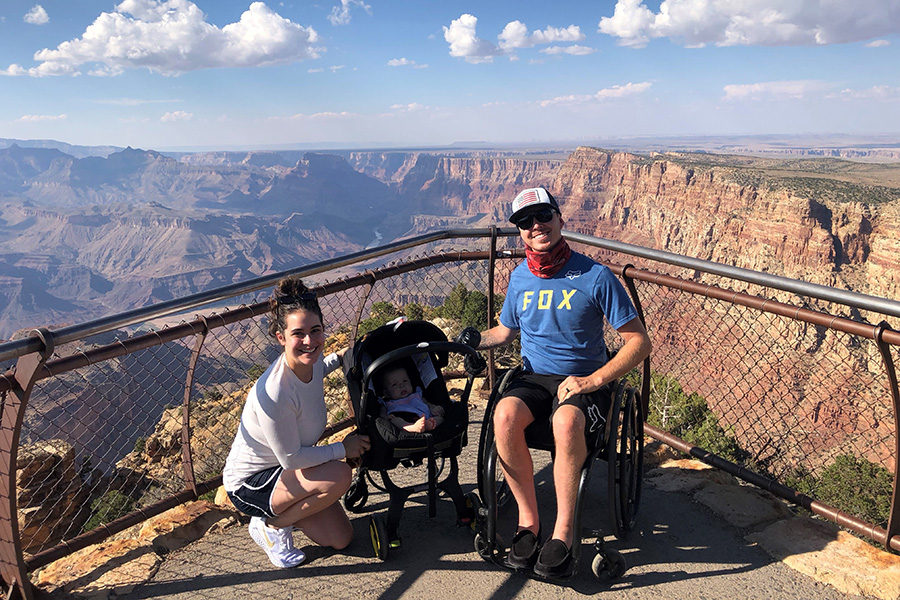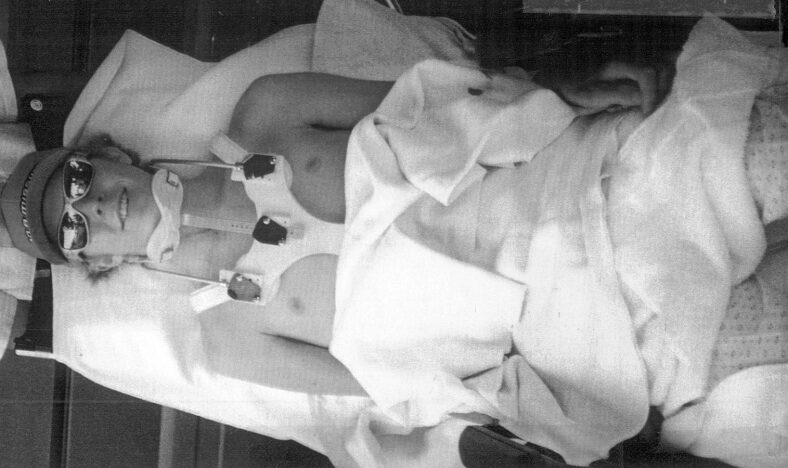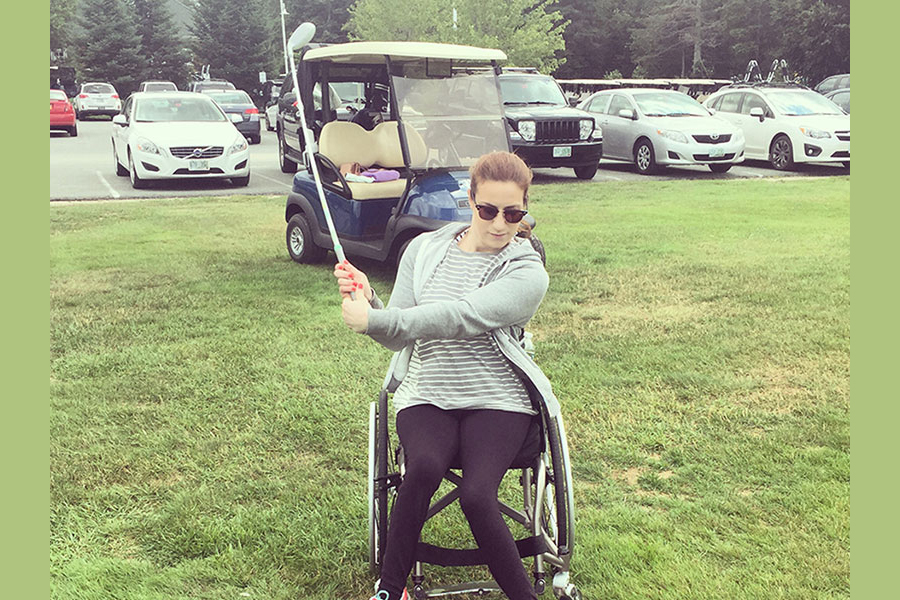Overcoming Challenges in the Fast Lane
In the world of motorsports, the pursuit of speed, precision, and adrenaline is often associated with physically demanding feats. However, there is a remarkable and inspiring segment of race car drivers who defy the odds and compete at the highest level despite physical limitations. Adaptive race car driving represents the triumph of the human spirit over adversity, proving that passion and determination can overcome any challenge in the fast lane.
Motorsports is an area in which I have a lot of experience, racing both two wheels and, now, four. I began my racing career aboard a motorcycle at the tender age of five and turned professional at seventeen. During that time, I honed a few unique skills on track that have benefited me throughout my recovery from spinal cord injury, in my businesses, and life in general. Below are a few of those skills and adaptive racers who exemplify them.
Mental Strength and Focus:
Adaptive race car drivers like Indy Car superstar, turned paraplegic, Robert Wickens (seen below) must possess incredible mental strength and focus to excel in their sport. Roberts’ ability to maintain composure and make split-second decisions is paramount on the racetrack. Drivers like Wickens demonstrate remarkable resilience and determination, often going through rigorous training and mental conditioning to refine their skills and develop a winning mindset… Watch for Robert Wickens in a future Indy 500!
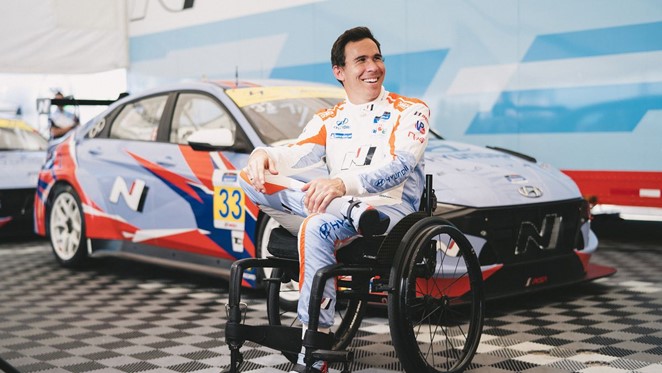
The Power of Adaptation:
Adaptive race car driving is a testament to the indomitable human spirit. It showcases the ability of individuals to adapt and thrive in the face of physical disabilities or impairments. I have many friends who, despite suffering catastrophic accidents, have embraced their unique circumstances and through innovation, technology, and sheer willpower have returned to conquer the racetrack.
Overcoming Physical Limitations:
Physical disabilities such as paralysis, limb amputations, or mobility impairments, can significantly affect a person’s ability to engage in motorsports. However, adaptive race car driving provides a platform for individuals like Alex Zanardi, Billy Monger and Frederic Sausset to showcase their skills and defy expectations. By utilizing specially modified equipment, these drivers can overcome their physical limitations and compete at the highest levels of racing.
Innovative Vehicle Modifications:
Adaptive racing relies on innovative vehicle modifications to cater to the unique needs of each driver. From hand controls and custom-designed steering systems to electronic throttle and braking systems, these adaptations ensure that drivers can operate the vehicle safely and efficiently. Additionally, advanced technologies, such as voice-controlled systems and head-tracking devices, have opened up new possibilities for drivers with limited mobility. The most sophisticated example of this technology on track is showcased by former professional racer, turned quadriplegic, Sam Schmidt. Schmidt drives a heavily modified Corvette race car without the use of his arms or legs. Read more about it here.
Inclusive Motorsports Community:
The emergence of adaptive race car driving has fostered a more inclusive and diverse motorsports community. By showcasing the capabilities of drivers with disabilities, it challenges the preconceived notions of what it means to be a race car driver. The accomplishments of adaptive drivers inspire others, both within and outside the racing community, to push beyond their limitations and pursue their passions relentlessly.
Changing Perceptions:
Adaptive race car driving has the power to challenge societal perceptions about disability and redefine the boundaries of what is possible. By witnessing the skill, determination, and accomplishments of these drivers, people gain a deeper appreciation for the capabilities and potential of individuals with disabilities. It is a powerful reminder that true strength lies not in the absence of challenges, but in the resilience to overcome them.
Furthermore, these drivers showcase extraordinary courage, determination, and skill, defying physical limitations to compete at the highest level of motorsports. Through innovation, technology, and unwavering passion, they serve as an inspiration to us all, reminding us that anything is possible with the right mindset and the willingness to adapt. Adaptation represents the future of motorsports, where diversity and inclusion merge with the pursuit of speed and excitement.
Here are a few Adaptive Race Driving organizations:
- www.adaptivedrivingexperience.org
- www.falcimotorsports.com
- www.resilienceracingfoundation.org
- www.everymanracing.co.uk
See you on the track!
Aaron






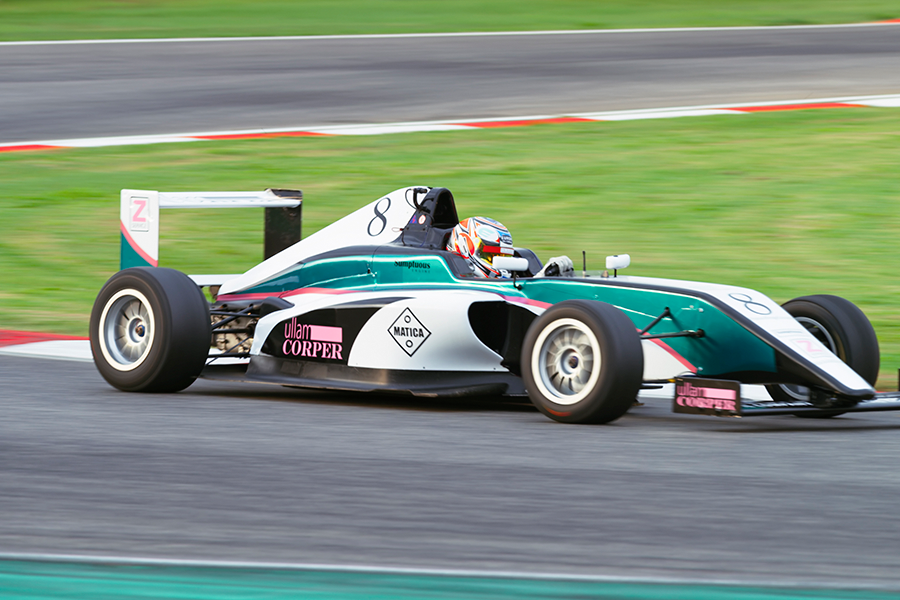


 I have a trip coming up and I am having trouble envisioning how I can safely and hygienically self-catheterize in a typical men’s restroom stall.
I have a trip coming up and I am having trouble envisioning how I can safely and hygienically self-catheterize in a typical men’s restroom stall.